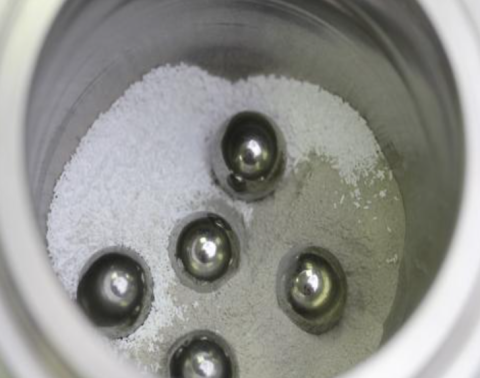
Researchers at the Critical Materials Innovation (CMI) Hub, supported by the US Department of Energy’s Ames National Laboratory, are pushing the boundaries of chemistry and lithium extraction with a revolutionary approach.
They’re utilizing mechanochemistry, a lesser-known branch of chemistry, to shake up conventional methods of triggering chemical reactions. This method involves applying mechanical forces to agitate, tumble, and pulverize solids, initiating reactions without the need for extreme heat or harsh chemicals. Their novel process, mechanochemical extraction of lithium at low temperatures (MELLT), offers a promising solution to bolster and diversify the domestic lithium supply chain in the United States.
MELLT offers a streamlined approach to hard-rock mineral extraction, significantly reducing energy consumption and eliminating toxic waste streams. Additionally, it boasts a much faster processing time compared to brine extraction methods.
“Mechanochemistry provides a more sustainable and environmentally friendly approach to conducting chemical reactions,” emphasizes Dr. Ihor Hlova, a CMI and Ames Lab scientist leading the project group. “This project holds immense potential to diversify the U.S. lithium supply chain, mitigating lithium scarcity and paving the way for a greener future.”
Link to the full story: New mechanochemical process revolutionizes lithium extraction
